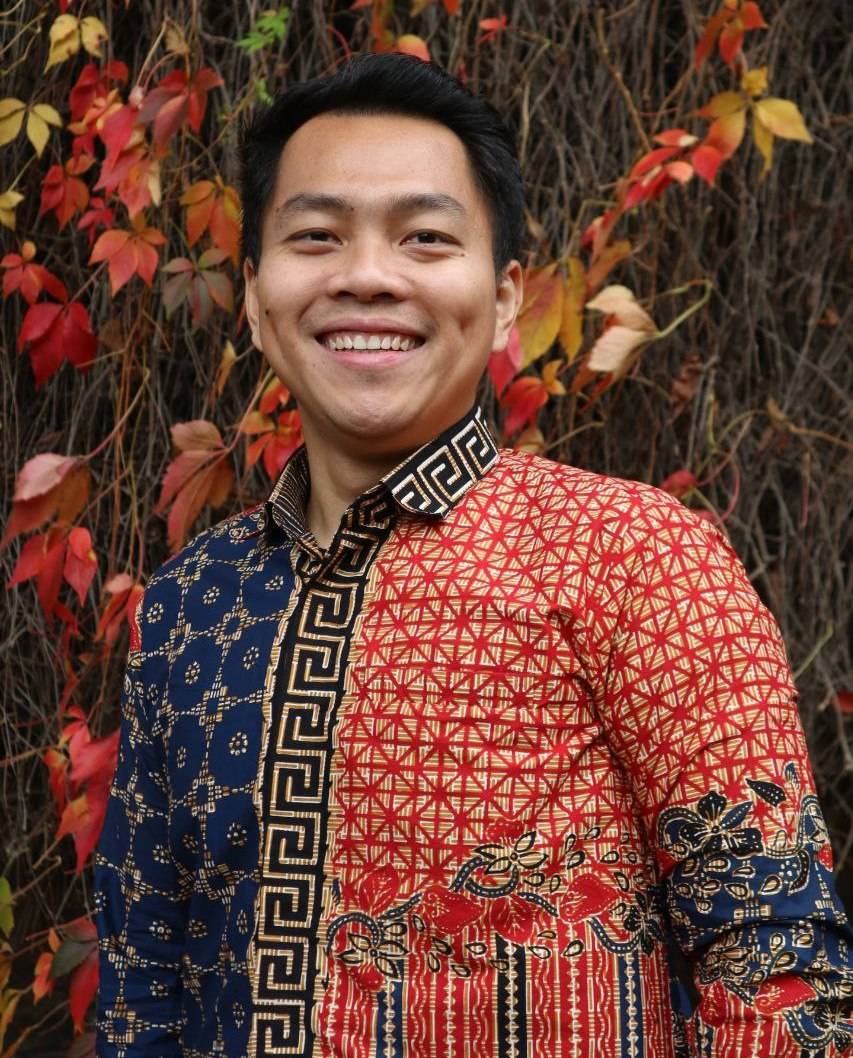Zulfikar Putra

Thesis Title: The Development of Grassroots Planning Model for Action-centred City Planning
Primary Supervisor: Prof. Mark Tewdwr-Jones
Second Supervisor: Prof. Andy Hudson-Smith
Funding Source: Beasiswa Pendidikan Indonesia (BPI) Ministry of Education, Culture, Research, and Technology, the Republic of Indonesia
Start Date: 27 September 2021
Biography
Zulfikar is a lecturer in the Urban and Regional Planning program at Universitas Gadjah Mada, Indonesia. He has several publications in international journals and books. He has more than seven years of experience working in academia, consulting firms, and UN agencies, which exposed him to the intersection of the theoretical and practical world of urban planning. His research interests are around topics related to spatiotemporal analysis, app-based data analysis, people-centred smart cities, citizen engagement in the planning process, co-creation processes, urban innovation and technologies, online platforms, data analytics, design thinking, sustainable development, and climate action research.
My research seeks to formulate a grassroots planning model by investigating the survivability factors of grassroots initiatives, using “waste banks” in Yogyakarta City, Indonesia, as a case study. The central question in this research would be, “How can grassroots initiatives be suitably implemented in certain city areas considering their survivability factors?” A combination of survival analysis and spatiotemporal analysis is utilised to unpack the key factors that significantly and positively correlate with the grassroots’ survivability, given their spatial distribution across the city and different sociotechnical characteristics. In the end, a novel planning model based on the grassroots survivability factors would be developed to help planners and decision-makers utilise these initiatives in the planning process and ensure that these initiatives can survive and successfully address pressing urban issues. Overall, this research contributes to the underexplored theoretical debates on the cooperation between government and community in delivering an urban plan based on action-centred rather than process-centred.
 Close
Close

